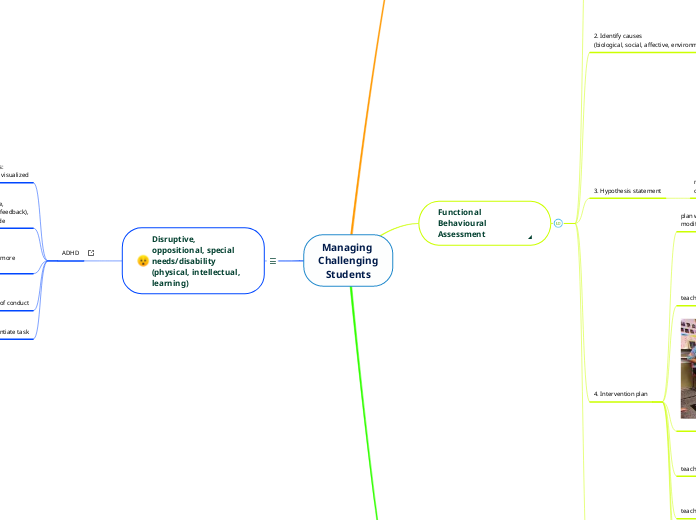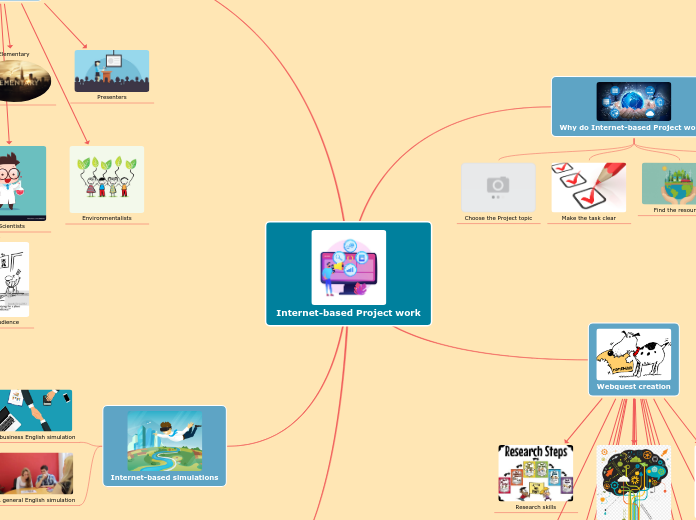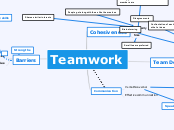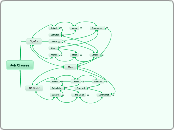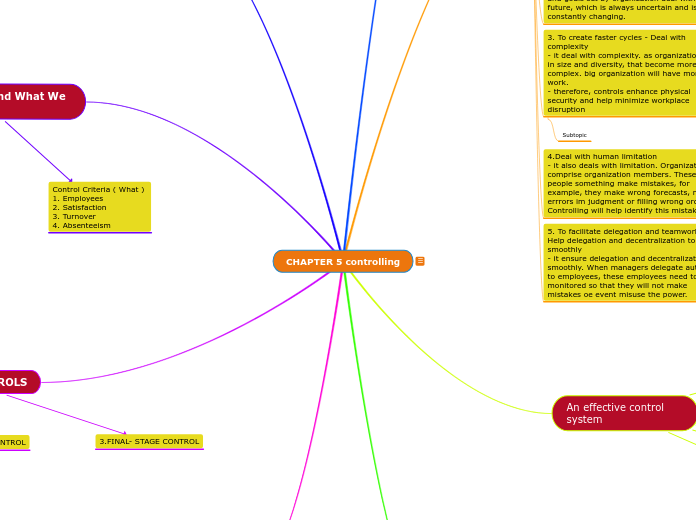Managing Challenging Students
Disruptive, oppositional, special needs/disability (physical, intellectual, learning)
Behavioural challenges:
#1 reason for time taken from teaching
#1 stressor for teachers
#1 cause of teacher dropout
#1 cause of referrals for mental health
ADHD
Where possible,
modify environment and differentiate task
Anticipate:
- environment of high energy
- prompt student to recall rules of conduct
Reinforcement:
"Positives before negatives"
reinforcers that backup in-class tokens must change more often
consequences:
more immediate,
more frequent (feedback),
higher magnitude
instructions:
clear, brief, visualized
Interventions
Popular interventions that don't work:
- don't solve problems
- don't teach skills
- Time Out
- Holding students in at recess
- Detention, suspensions, expulsions
- Corporal punishment
- Restraints
- Seclusion
- Stickers
5. Review model peers
4. Provide student choice
- Individualized goals for student.
- Break down work into smaller parts
- Stick to writing content over dictating.
- Allow the student to move at their own pace throughout the curriculum in relevant areas like writing term papers.
- Give immediate feedback for exams.
- Assign student tutors where necessary for the more challenging concepts.
3. Adjust task difficulty
2. Preview (provide predictability)
1. Give choice
- Offer the student up to three options and ask them to choose only one.
- Let them know how much time they have to make a decision and wait for their response.
- Finally, reinforce the option they chose so that they’re fully aware of the pros and cons of their choice.
Goal
rewards desirable behaviour
Visualize proper behaviours
Proper behaviour poster
Behaviour Learning Ladder
Visualize positive behaviour expectations and feedback.
Start at the bottom each day.
Ladder steps
- I am being a great role model
- I am going above and beyond expectations
- I am making responsible choices
- I am ready to learn
- I can make better choices independently
- I can improve my behaviour
- I need to reflect on my attitude and behaviour
Constructive Feedback: "“William, I know you can get this work done, I want you to finish the first four questions before lunch, if you do this, I’ll move you back up the ladder.”
fosters self-esteem
supports growth
Functional Behavioural Assessment
(underlying cause)
5. Monitor
4. Intervention plan
peers, para-professionals (counsellor)
plan behavioural contracts, token economy
fade out extrinsic rewards over time
teach problem solving skills
teach relaxation skills
counting down
deep breathing
animal posture
plan replacement behaviour
more appropriate ways to get attention
teach student to recognize signs, triggers
feelings cards
plan ways to avoid trigger,
modify learning enviro
3. Hypothesis statement
manipulate environment,
observe again to confirm
2. Identify causes
(biological, social, affective, environmental)
Is there a performance deficit?
(can but not always)
- Is it possible that the student is uncertain about the appropriateness of the behaviour (e.g. is it appropriate to clap loudly and yell during sporting events, yet these behaviours are often inappropriate when playing academic games in the classroom)?
- Does the student find any value in engaging in appropriate behaviours?
- Is the behaviour problem associated with certain social or environmental conditions?
- Is the student attempting to avoid a "low-interest" or demanding task?
- What current rules, routines or expectations does the student consider irrelevant?
Is there a skill deficit?
- Does the student understand the behavioural expectation for the situation?
- Does the student realize that he or she is engaging in unacceptable behaviour, or has that behaviour simply become a "habit"?
- Is it within the student's power to control the behaviour, or does he or she need support?
- Does the student have the skills necessary to perform expected, new behaviours?
frustration tolerance
flexibility
problem solving
What's the payoff? (escapes, avoids, gets)
need multiple sources (maybe contextual, specific teacher)
direct observation
ABC analysis
(antecendent, behaviour, consequence)
indirect questioning
to student themselves
- What were you thinking just before you threw the textbook?
- How did the assignment make you feel?
- Can you tell me how Mr. Smith expects you to contribute to class lectures?
- When you have a “temper tantrum” in class, what usually happens afterward?
to stakeholders
- In what settings do you observe the behavior?
- Are there any settings where the behavior does not occur?
- Who is present when the behavior occurs?
- What activities or interactions take place just prior to the behavior?
- What usually happens immediately after the behavior?
- Can you think of a more acceptable behavior that might replace this behavior?
1. Define the behaviour concretely
Change your lens
Challenging = Lacking skills to be successful
(expectations exceed skills)
From "Bad behaviour modification"
to "problem solving" cause of behaviour
problem solve together with child
behaviour = fever = symptom
